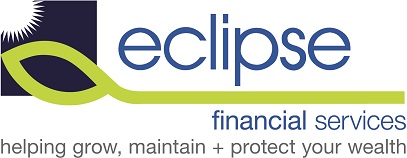Trap for the Self-Employed
Written and accurate as at: Nov 19, 2024 Current Stats & Facts

Most people move from ‘working for the man’ to being self-employed as they see a brighter financial future for their family. There is an all too common, sting in the tail that often comes back to bite them later in life. NO ONE IS PAYING INTO THEIR SUPER.
Generally, you start on the self-employed journey because you want the extra flexibility and the opportunity to earn more than you could on a wage. At a minimum you think you can at least earn your previous wage, as if not, why take the risk. The trick is to not only replace your wage but also the significant 11% on top of your wage the boss was paying into your super as well. It is not compulsory for self-employed people to pay into super and often that money ends up being used elsewhere. This might be ok if you’re building a business you can sell for lots of money at retirement, but most small businesses aren’t really saleable items.
We’ve guided hundreds of Whitsunday people into retirement over the last 30 years and generally those who have both worked for wages steadily all their life are accruing between $600,000 and $1,000,000 in super combined. Higher income earners or those that did some salary sacrifice would have more and of course single people often less. The problem is there is a huge swathe of self-employed people whose super accounts stopped receiving contributions in the middle of their working lives. This has a dramatic effect on the end result due to compound interest.
Consider this, if your super averages a 9% return, every years’ contribution of say $10,000 in your 30’s will build up to around $130,000 by your mid 60’s. That is the effect of 30 years compound interest, it grows by 13 times! If you miss 10 years of $10,000 per year contributions in your 30’s you are talking $1,300,000 less in your super account at retirement! If you miss the same contributions in your 50’s each $10,000 only grows to $24,000 so it’s $240,000 less at retirement as it’s only in there compounding for 10 years.
If you’ve missed paying in for a period of time, the key is to jump on it ASAP. The quicker you start paying in the more the magic of compound interest will help. It’s never too late to start contributing to your super and you get a great tax break on doing so.
Come in for a free review of your super product, what sort of retirement you are on track for and some suggestions on how to work the tax and super system to make improvements. Make 2025 the year you take control of your finances!
If you think you could benefit from a discussion with a Financial Planner, give us a call on 49467359 of visit www.eclipsefp.com.au There’s no obligation, the first meeting is free and all fees are spelled out clearly in advance.












